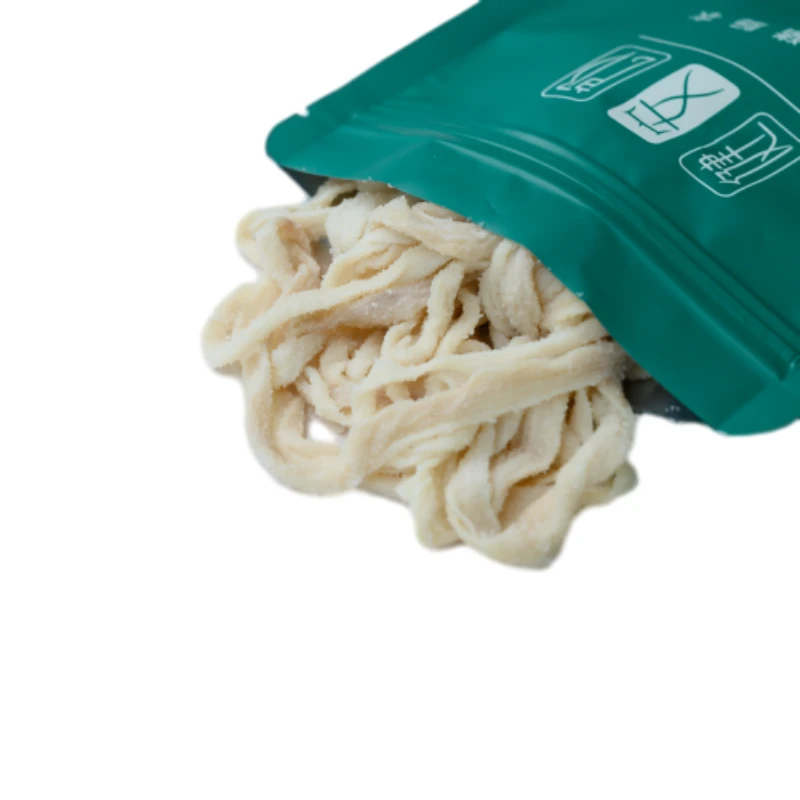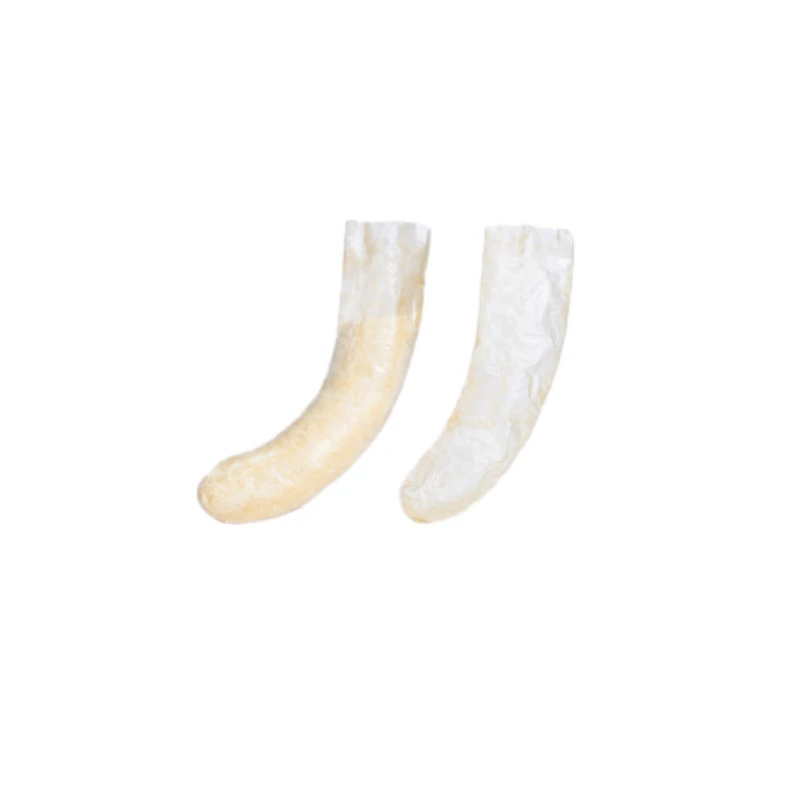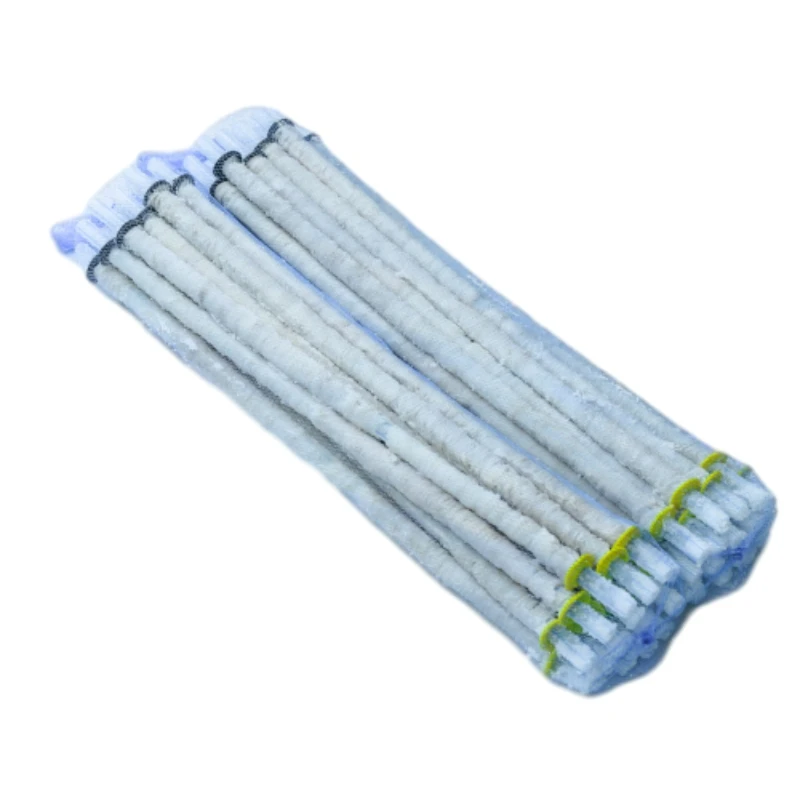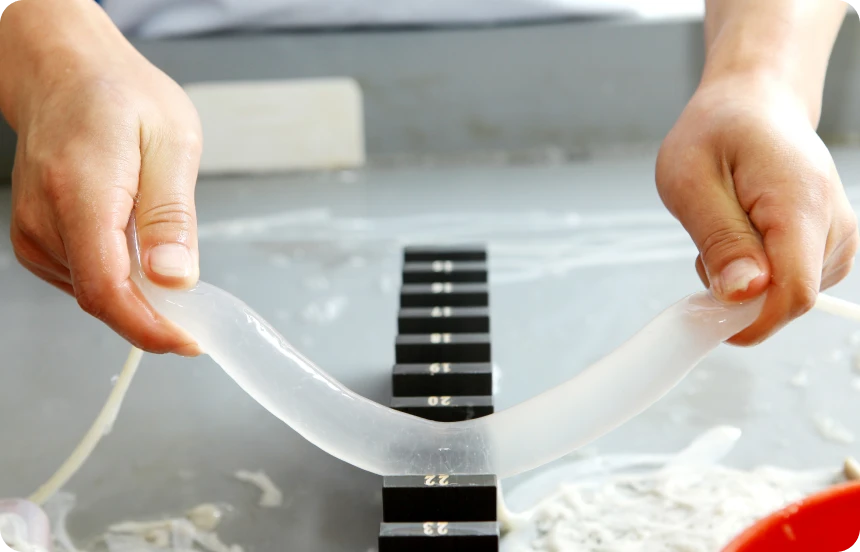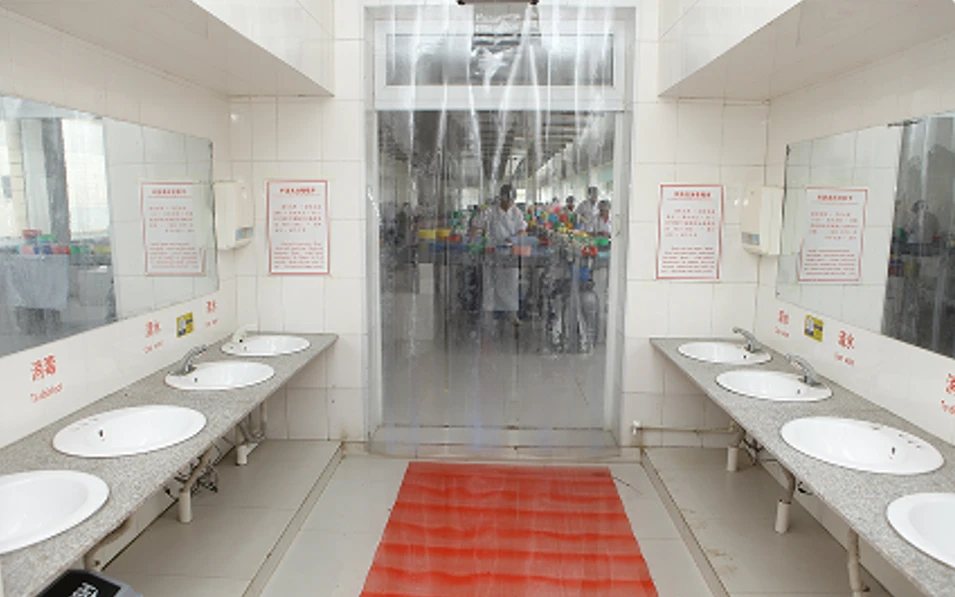Jul . 08, 2025 10:56
- Introduction to the Global Natural Hog Casings Suppliers Industry and Market Impact
- Comprehensive Overview of Casing Types: Hog, Sheep, and Dried Casings
- Technical Superiority and Quality Assurance in Processing and Selection
- Industry-Leading Supplier Comparison and Data-Driven Performance Analysis
- Customization Services and Tailored Solutions for Meat Processors
- Application Case Studies: Delivering Results Across Global Markets
- Why Choosing the Right Natural Hog Casings Supplier Drives Sustainable Business Growth
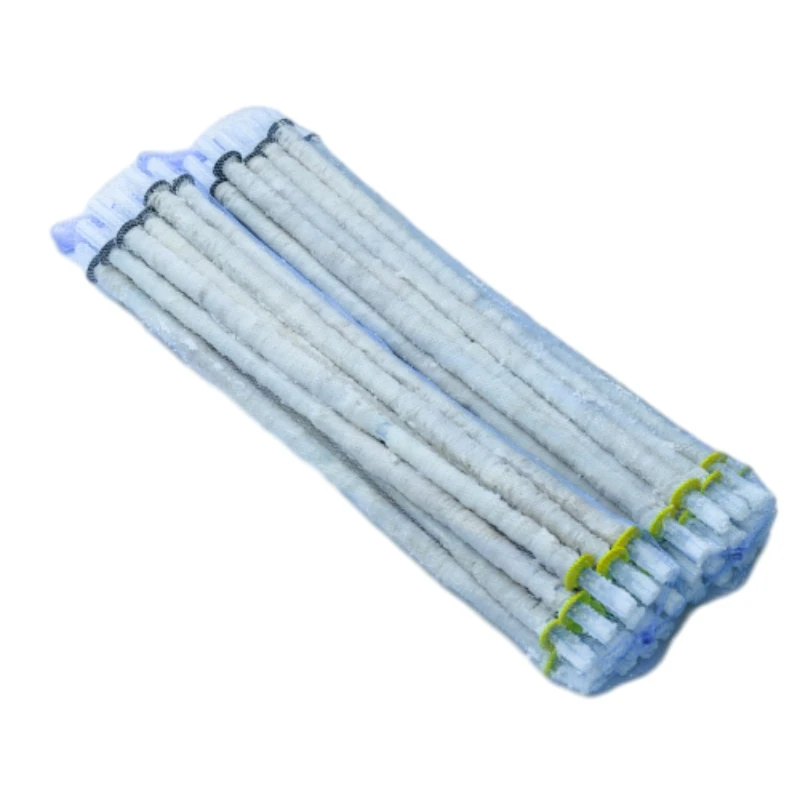
(natural hog casings suppliers)
Introduction to Natural Hog Casings Suppliers: Market Growth & Strategic Importance
The global processed meat market is experiencing robust growth, with natural hog casings suppliers
playing a pivotal role in meeting consumer demand for high-quality, traditional sausages. According to recent industry data, the worldwide demand for natural casings exceeded 300,000 MT in 2023, and is projected to grow at a CAGR of 5.7% through 2028. This accelerating shift is propelled by rising preferences for authentic taste, clean-label ingredients, and improved casing functionality. Selecting a reliable partner among natural hog casings suppliers has become a strategic business decision impacting product integrity, operational efficiency, and compliance with regulatory standards. This comprehensive review explores every critical aspect for procurement managers, meat processors, and food brands seeking a competitive edge through top-tier casings.
Understanding Casing Types: Natural Hog, Natural Sheep, and Dried Hog Casings Suppliers
Sausage manufacturers face vital choices concerning casing materials. Natural hog casings are sourced from the intestines of pigs, prized for their strength and traditional bite, making them suitable for products like bratwurst, Italian sausage, and chorizo. Natural sheep casings provide superior tenderness and are often preferred for breakfast sausages and frankfurters, where a delicate texture is desirable. Meanwhile, dried hog casings offer extended shelf life and logistical advantages, as they are preserved by carefully controlled dehydration, reducing storage costs and minimizing breakage during international shipping.
Each casing type presents distinct performance and sensory characteristics, influencing cook yield, snap, diameter stability, and flavor permeability. The global distribution of casing suppliers is increasingly segmented, with specialized natural sheep casings suppliers catering to premium segments and dried hog casings suppliers offering solutions for high-volume, export-oriented meat processors. Knowledge of these differences is essential for developing sausages that consistently meet brand specifications and consumer expectations.
Technical Excellence: Purification, Grading, and State-of-the-Art Processing
Technical superiority sets leading natural hog casings suppliers apart. Premium manufacturers implement advanced multistage purification protocols, including enzymatic cleaning, mechanical separation, and UV sterilization. These steps ensure food safety, removal of impurities, and preservation of the natural collagen matrix. Grading methods further refine output—hog casings are sorted by length, diameter (e.g., 32/34mm, 35/38mm), and color uniformity, resulting in lots with less than 2% wastage during filling.
Moreover, international standards (such as ISO 22000, BRCGS, and Halal certifications) increasingly influence purchasing decisions, compelling suppliers to invest in continual laboratory testing and traceability technologies. Some innovative producers employ digital imaging analysis for real-time defect detection, while customized brining solutions optimize casing pliability and minimize loading downtime by up to 18%. Whether sourced from leading European, Chinese, or South American origins, technical rigor in casing manufacturing translates directly into operational savings and minimized batch inconsistencies.
Supplier Performance Data: Comparing Natural Hog, Sheep, and Dried Hog Casings Suppliers
| Supplier | Casing Type | Average Yield Loss (%) | Diameter Consistency (CV%) | Certifications | Lead Time (days) | Customer Satisfaction Rating |
|---|---|---|---|---|---|---|
| Company A | Natural Hog | 2.1 | 3.7 | ISO, Halal, BRCGS | 14 | 4.8/5.0 |
| Company B | Natural Sheep | 3.5 | 4.2 | ISO, FSSC | 21 | 4.6/5.0 |
| Company C | Dried Hog | 2.8 | 4.0 | ISO, Kosher | 18 | 4.4/5.0 |
As illustrated, the best-performing natural hog casings suppliers maintain yield losses below 2.5% and diameter consistency (coefficient of variation) under 4%, ensuring streamlined production and uniform finished products. Natural sheep casings suppliers, while offering unmatched tenderness, sometimes trade off slightly higher yield losses. Dried hog casings suppliers appeal to processors prioritizing extended shelf life over minimal variation. Selecting the ideal vendor thus requires detailed benchmarking and alignment with end-product specifications.
Customization and Flexible Solutions for Diverse Production Needs
No two sausage producers are alike, and leading suppliers now offer highly customized solutions to address unique formulation, branding, and process requirements. Multinational vendors collaborate with clients to adjust brine concentration, casing length, and packaging formats—from short pre-tubed strands ideal for automation to traditional bundles for artisanal producers.
Some natural hog casings suppliers provide pre-sorted, hand-selected lots with specified diameters for regional sausages (e.g., Salsiccia, Andouille), while bulk exporters of dried hog casings target cost-driven processors in emerging markets. Advanced logistics support (including temperature-controlled shipping, multi-language documentation, and on-site technical assistance) further differentiates suppliers committed to continuous improvement. By leveraging supplier flexibility, meat processors reduce throughput bottlenecks, achieve consistent sensory quality, and accelerate new product development.
Real-World Application Cases: Success Across Global Markets
The value of top-tier casings is evident in how brands elevate product reputation, expand portfolios, and comply with regional standards. For example, an EU-based producer switched to a high-grade natural hog casings supplier, yielding a 22% reduction in batch rework and 98.5% quality acceptance rates. In Asia, a premium hotdog manufacturer collaborated with a natural sheep casings supplier, resulting in brand differentiation via a uniquely delicate bite and clear-label marketing.
Dried hog casings suppliers have facilitated cross-border ventures, with one Latin American client reporting 40% longer average shelf life and improved logistical efficiency for export markets. Such case studies demonstrate that collaborating with the right casing partner is instrumental in capturing new markets, reducing quality complaints, and maintaining year-round supply security.
The Strategic Choice: Partnering with Top Natural Hog Casings Suppliers for Durable Success
In summary, the selection of natural hog casings suppliers is a cornerstone for meat processors aiming to merge artisan quality with industrial efficiency. The right partner delivers not only technically superior products but also agile customization, transparent certification, and the expertise required to navigate fluctuating global demand. By benchmarking suppliers against tangible metrics and harnessing their innovation, food brands ensure lasting differentiation and resilience across market cycles. Robust partnerships with proven natural sheep casings suppliers and dried hog casings suppliers further expand operational agility, enabling rapid response to evolving consumer preferences and export requirements. Strategic supplier engagement thus transforms casings from a commodity input into an engine for growth, efficiency, and consumer trust.
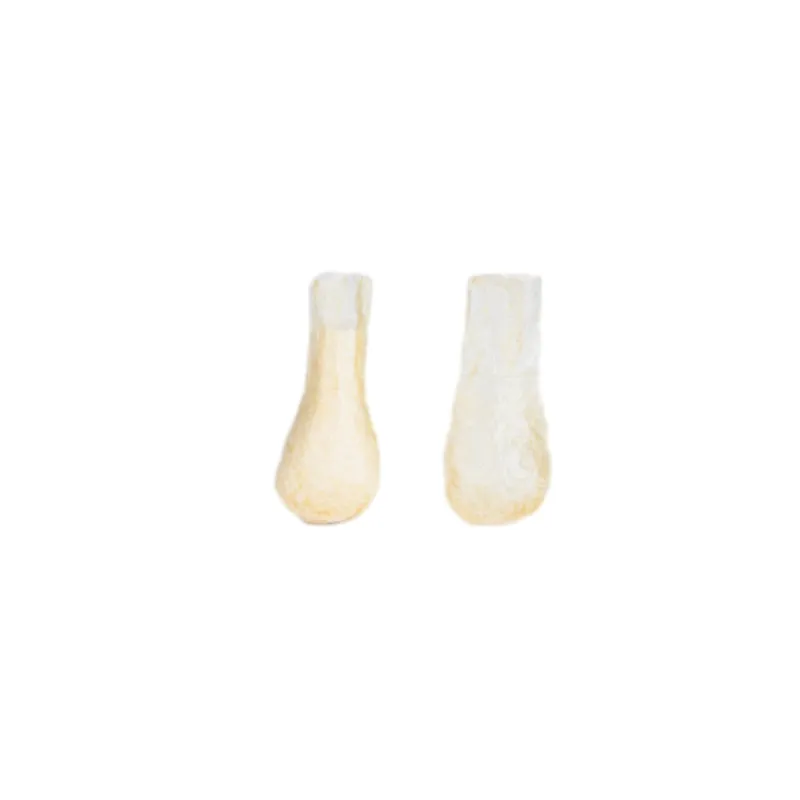
(natural hog casings suppliers)


